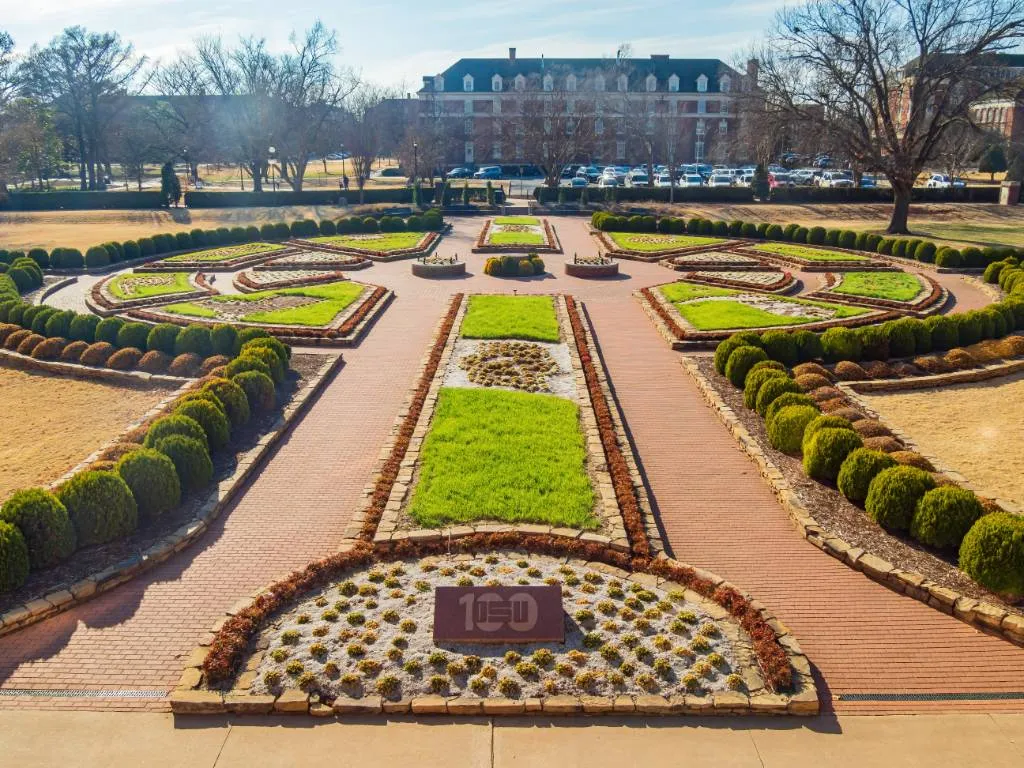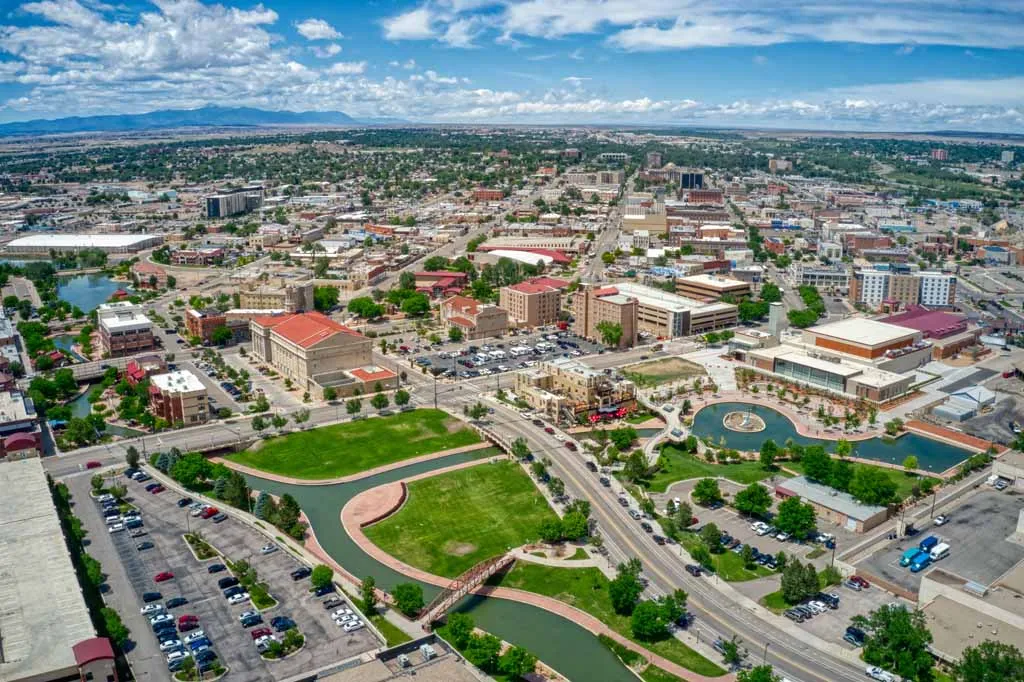7 Things to Know Before Moving to Midland, MI

Situated in the heart of Michigan, Midland is a great place to live thanks to a number of things that set it apart from other cities in the state and the nation. It manages to encapsulate the warmth and welcoming atmosphere of a small town while incorporating all the amenities of a major city, such as numerous food options, entertainment venues, and more.
A low cost of living and a high level of safety are two more significant benefits of the area. For more information, keep reading, as we highlight seven things to know before moving to Midland, MI.
1. A cost of living index of 85.7
Midland has a cost of living index of 85.7, which is 14.3% less than the national average. The median home price, at $214,764, is less than half the national average price.
For an individual in Midland, the yearly expenditure covering housing, food, childcare, transportation, healthcare, taxes, and essential items amounts to $32,497. This aligns closely with Michigan’s annual cost of living at $32,897 and is lower than the national average of $38,433.
2. Eat at Cafe Zinc, Gratzi, or Basil Thai Restaurant
Whether you’re craving a French bistro’s sophisticated meals or a basic yet tasty salad or sandwich, Midland’s local restaurants have you covered. Your tastes will be satisfied by the wide variety of dishes and ambiance available, and you will soon be returning to your favorite spots.
The more formal Cafe Zinc is perfect for formal events, while the more relaxed Cafe American is a popular choice for happier hours. Gratzi, recognized for its innovative take on classic Italian fare, and Basil Thai Restaurant, famous for its traditional Thai cuisine, are two other popular choices in the area.
3. Check out the artworks at The Midland Center for the Arts
There is a thriving arts community in Midland, with several venues showcasing everything from visual art to dance, and both the public and private sectors are heavily invested in the arts. The Midland Center for the Arts serves as a gathering place for many different kinds of artistic endeavors. In addition to various art studios, two performance spaces, and museums, it also hosts performances and classes in a wide range of creative forms.
Public Arts Midland and Creative 360 are two other groups that help fund and execute arts programs in Midland. Creative 360 runs summer camps and the River Days Makers Fair, while Public Arts Midland finances and executes public murals and the Art Seen Festival.
4. Explore nature at Chippewa Nature Center, Dow Gardens, or Pere Marquette Rail Trail
Midland offers a lot to those who enjoy being active, being outside, and experiencing nature. The city is home to 72 parks, A great place to start is the Pere Marquette Rail Trail, a level, paved track that stretches for 30 miles and offers beautiful scenery as you cycle, walk, inline skate, or cross-country ski.
Dow Gardens, a botanical garden spanning 110 acres, is located in the city as well. The garden features walkways, a children’s garden, and many floral plant beds. Within the grounds of the gardens lies Whiting Forest, a 54-acre woodland complete with paths, an apple orchard, meadows, a stream, and the longest canopy walk in the country, measuring 1400 feet and suspended 40 feet above ground level.
Another option is to go cross-country skiing, hiking, running, or snowshoeing along the 19 miles of trails at Chippewa Nature Center. You’ll pass beautiful scenery and learn about different ecosystems along the route.
5. Major employers in Midland include Dow, Corteva Agriscience, and Northwood University
The chemical manufacturing business is extensive in Midland, with Dow as its anchor and the company’s headquarters being located there. Not only does Corteva Agriscience manufacture chemical seeds, but so does DuPont, another supplier of chemicals and science products based in the same city.
Numerous educational institutions, including Northwood University and the Great Lakes Bay campus of Davenport University, as well as the Midland Public Schools school board and MyMichigan Health, are major employers in Midland.
6. Midland is big on infrastructure
Midland has likewise been spending money on its infrastructural system. A makeover of the city’s downtown costing around $8 million was completed in 2017, and these improvements comprised new roadways, curbs, and zero-barrier pathways. The revitalization made it possible for the city to host more events and festivals, drawing more people to the downtown district for retail therapy and sightseeing.
Many parts of the downtown area have constructed various play places for children. Live music fills the air as you stroll through the bustling social zone. It creates an absolutely delightful atmosphere.
7. Midland’s educational system is one of a kind
Midland takes pride in its robust educational system, contributing to the city’s vibrant community. The city is served by Midland Public Schools, which encompasses several elementary, middle, and high schools. These schools are dedicated to providing quality education and a range of extracurricular activities.
Midland is notable for having strong public schools, including H.H. Dow High School and Midland High School, both recognized for their academic achievements and diverse offerings. The district emphasizes a comprehensive curriculum, offering advanced placement (AP) courses and various programs to cater to students with different interests and strengths.
In addition to public schools, Midland is home to private educational institutions like Midland Christian School, contributing to the diversity of educational options.
Located in Midland itself, Northwood University is a private university known for its emphasis on entrepreneurship, business, and management education. While not in Midland, Central Michigan University is within reasonable driving distance. It’s a public research university in Mount Pleasant, offering a wide range of undergraduate and graduate programs. Davenport University also has a campus in Midland; Great Lakes Bay Campus.
Remarkably, Midland works with tertiary institutions in the area to make sure their programs are meeting the needs of the local workforce by preparing students for the jobs of the future. The city’s schools have shown remarkable agility in responding to corporate needs by swiftly developing new programs. As a result, they can fill skill gaps in the workforce if they identify them.
In Conclusion
Midland, Michigan boasts a distinctive fusion of small-town charm and urban conveniences, standing out with a cost of living significantly below the national average. From the unique dining experiences to a thriving arts scene and ample outdoor activities, the city offers a ton of attractions.
Its commitment to education, thriving job market, and continuous investments in infrastructure contribute to the lasting appeal of Midland.






